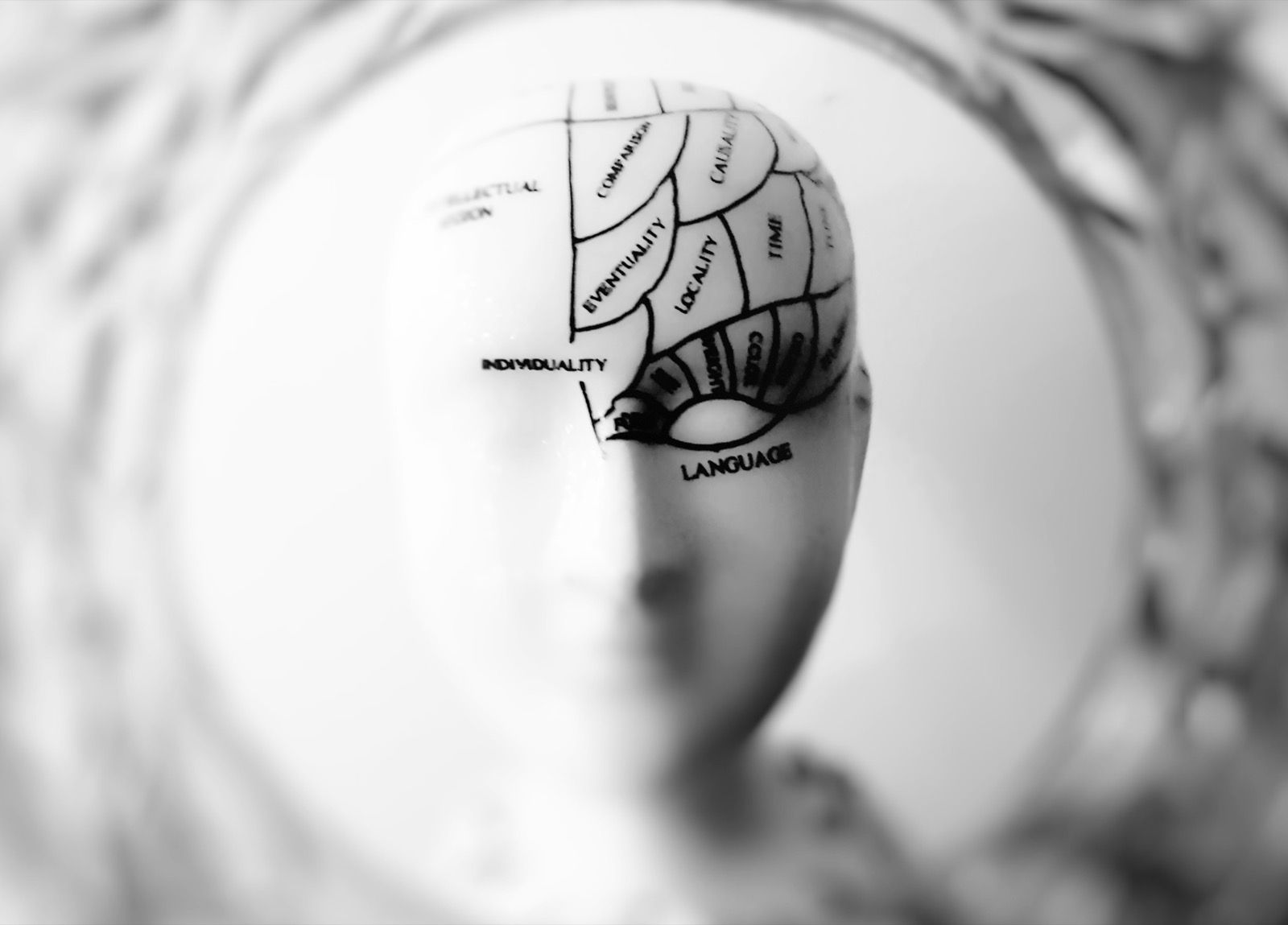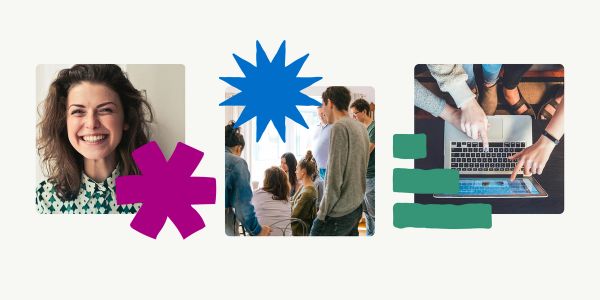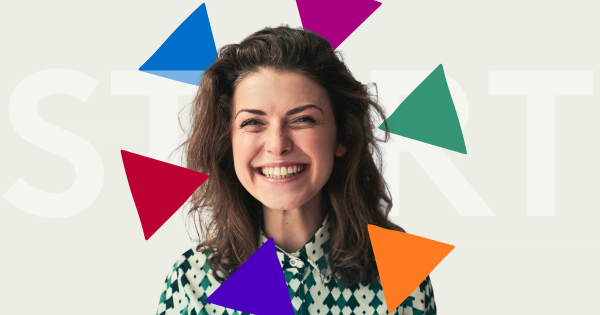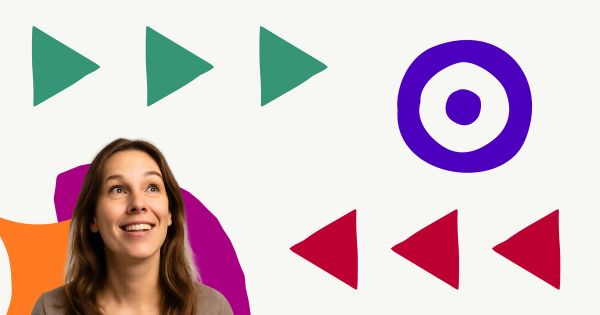Intelligence or experience? Can we think ourselves to success?

Human beings put a lot of value on cleverness. We elevate thinkers and demote doers. Is this the right way to develop our talent economy?
There is great value placed on intellect. We live in a world with a knowledge economy, where what you know earns you money. If making money is success, then knowing a lot and pedalling that knowledge with intelligent commentary is the way to go.
But what if success is reaching our full potential? Can we think ourselves to our best self, or do we need to get out there and get some experience?
For this exploration in intellectualism and actualisation, let’s assume that the marker of success is a sense of contentment. It is not about being happy, which is a transitory emotion; instead, we are talking about a deep instinct that you are doing what you are meant to be doing. The world is working for you.
What is intellectualism?
Intellectuals live life in the mind. They posit theories, observe, and seek confirmation or refutation and then create a new approach. Lots of great work has been done by people who have brought intellectual rigour to a problem.
Pure theory works in the abstract. In other words, it never creeps into the real world but remains a concept of the imagination. Yes, even the most intellectual and analytical amongst us requires an imaginative mind to envision what is being explored.
What is actualisation?
Most intellectuals know the value of experimentation and often take theories out into the world to see if what they believe holds some truth or not. They test it out and reflect and reshape the original idea from the results. It is a powerful way of learning, as the experience of the experiment reveals the unexpected and the unusual that leads to innovation.
Actualisation is the taking of an idea and putting it into practice. Simply put, it is a mindset that values ideas but wants to see if they work in action for the individual in a specific context. It is a mindset that understands that learning comes from asking questions during this experiment and after, considering if it worked or if it could be improved.
Getting the balance right
Education has spent centuries looking for the right balance between intellect and experience. There is the dichotomous split of the academic and the vocational, which recognises two ways of learning out there. Unfortunately, the academic has always garnered a lot more success and being clever has taken primacy over being wise.
To be fair, leaders in vocational training have done all they can, to not appear too clever at all. For those committing to learning via experience, the idea of using theories is avoided in favour of practical skills-based advice.
But the real criticism needs to be laid at the feet of the educationalists who thought learning from a textbook would prepare young people for life. Copying a section into an exercise book and sketching one of the images followed by a few questions was standard school-based learning for a good long while. If you know it, you can do it, right? This is far from right.
As with most things in life, a credible approach to learning lives somewhere in the middle of the dichotomy of thought and action.
Mindless action day in day out is doing but not learning. Lots of thoughtful reading is knowing but not learning either.
Action inspired by theory and challenged by reflection is learning.
What does all this really mean?
In reality, human beings learn like this every day from birth. We explore the world and are inspired by what we notice. We try it out and see if it works for us and assess the impact on our lives. We agree or not to include this experience in our way of seeing and acting in the world. We then do it all over again.
A small child will watch an older brother or sister use a knife and fork. The small child is still using a spoon but is inspired by how grown up and clever it would be to use both hands to eat. They try out the knife and fork, and it is pretty messy, but hey, that is fun anyway, and they can give cutting up food independently a go – which feels pretty clever. The small child perseveres with the cutlery because they can see it will work out for them in the end.
As adults, we look at others, and we are inspired. We see these heroes doing things that we wish we could do. We explore their exploits for a while and might even look up details of the activity. Then, we shape this inspiration into something we could do that is similar. For instance, we might have been inspired by Sir Ranulph Fiennes walking to the North Pole and decided hiking up the Three Peaks would be your version of the same endeavour. You just wanted to see if you had the same resilience and perseverance to do something difficult without losing toes to frostbite. After we have completed the challenge, we reflect and consider what it means about our life and who we are and what we could seek to be next.
Intelligence and Experience
Learning needs to be done in the head, but it also needs help from emotions and intuition if it is successful.
People who say it is powerful to learn from great minds are right.
People who say experience is an effective means of evolving are right too.
Those who really learn are people who view life as an ongoing experiment into the best way of living and being. It is a consistent daily act of evolution and contentment that you are your best self today.
You may also like

Beyond Skills: Why Human Qualities Matter More Than Ever

Discover Your Strengths - Why One Small Step Can Lead to Big Personal Change
